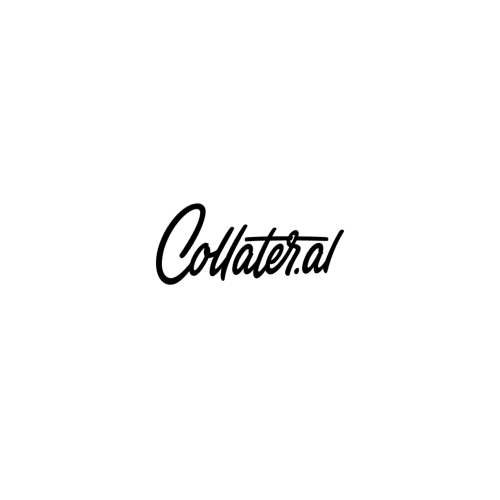Jochen Mühlenbrink's oil paintings are perfectly executed trompe l'oeil, capable of fooling anyone

The works of Jochen Mühlenbrink (1980) fall like a glove on this rainy day anticipating autumn. His creations, in fact, literally look like drawings made with the finger on fogged glass, but the surprising thing is to discover that they are oil paintings on canvas. Perfectly executed trompe l’oeil, capable of fooling anyone. Mühlenbrink is a master of illusion, known for his hyper-realistic paintings that explore the limits of perception. His works create a space suspended between the tangible and the imagined. His subjects, often tarnished windows with drawings traced on the condensation, evoke a sense of nostalgia and mystery. As Mühlenbrink himself recounts in an interview in Overstandard: «In 2017, the subject of paintings of fogged windows emerged, introducing a completely new dimension to my art – the realm of condensation, the in-between that exists between the scene and the viewer».

The drawings and imprints on the hazy surfaces take us back to childhood gestures, when we traced figures with our fingers on fogged-up car windows. Mühlenbrink thus makes the audience perceive a world of transition, in which what we see through the fog becomes ambiguous, almost magical. But his works are not just drawings about condensation. In some canvases, the level is raised and the artist inserts other elements such as strips of adhesive tape, scribbled sheets of paper, postcards and Polaroids stuck to the walls, or a bucolic landscape can be glimpsed in the background – behind the condensation. Again, these are not real elements but created by his brush.

In the same interview mentioned above, Mühlenbrink also suggests a future direction in his artistic production: «2024 will be the year of my mirror paintings (MP), a term that has both a literal and metaphorical meaning». These instead, as we see from the videos on his Instagram profile, are made using the spray technique. If the tarnished windows represent a moment of transition, the mirrored surfaces will open up new spaces for reflection, inviting the viewer to question what he sees and what he reflects.




Courtesy Jochen Mühlenbrink

